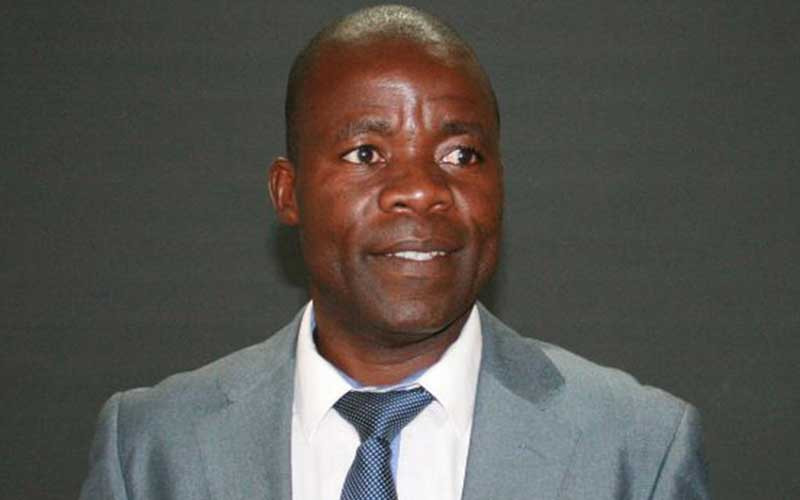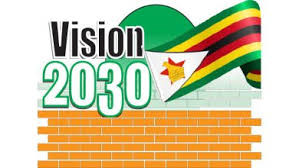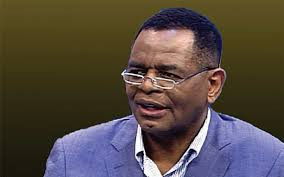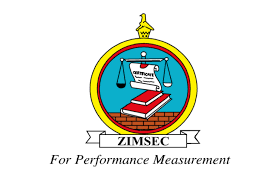
IT is now widely known that politics sets the tone and context within which countries can utilise natural resources such as land and minerals for the betterment of lives of citizens.
However, the brand of politics in most African countries has continued to undermine socio-economic development in several ways. For instance, in agriculture-driven economies, it is rare to find former Cabinet ministers operating agribusiness enterprises successfully or participating in agricultural markets. Former Cabinet ministers should be leading in exporting agricultural commodities and processed products across the globe because they have the networks and international exposure.
Sadly, because career politics has no pension, most former Cabinet ministers and former Members of Parliament (MPs) retire into poverty. Some may have big farms but have no clue how to unlock value from the land after spending years in government and Parliament. That is why most end up desperately seeking re-election so that that they go back to the comfort and luxury associated with government and political offices.
Politics does not co-exist with other careers
Upon entering partisan politics, many Africans who would have trained as academics, engineers, medical doctors, agricultural economists and lawyers among other career paths often realise that they are unable to practise their original professions. The whole investment in acquiring academic knowledge and skillsets is lost to politics.
Those with a passion to use their knowledge to uplift communities will not be able to do so through politics because politics has different rules and processes whereby knowledge has to be applied through political rallies and parliamentary sessions that are different from how the engineering or medical profession apply knowledge. That is why after spending five to 10 years pursuing a different career path, it is difficult for a medical doctor to come back and set up a surgery or an agricultural economist to run a farm profitably as he will be rusty and requiring more investment to refresh and upgrade himself.
Conflicting roles between Cabinet ministers and MPs
In countries like Zimbabwe, for one to be chosen as a Cabinet minister, s/he has to be an MP first. In other words, for you to be selected as a Cabinet minister, you have to have a political constituency where local people will have voted you to be their Member of Parliament. This is problematic in many ways. A Cabinet post and being an MP are two full-time assignments that cannot be effectively executed by an individual at once. An MP is supposed to attend to development and political issues in a particular constituency as well as participate in parliamentary duties through portfolio committees. If that individual is also a Cabinet minister, s/he has to perform ministerial roles that cover the whole country, for instance agriculture or transport.
- Mavhunga puts DeMbare into Chibuku quarterfinals
- Bulls to charge into Zimbabwe gold stocks
- Ndiraya concerned as goals dry up
- Letters: How solar power is transforming African farms
Keep Reading
Assuming this individual has a personal agribusiness enterprise, s/he has to also attend to personal business. Combining Cabinet, parliamentary and personal business roles means the individual will need to be superhuman to properly satisfy all these obligations.
The individual will certainly have no time to understand community issues at great depth and will mostly be an absentee Member of Parliament whose fate will be sealed at the next election by being booted out for being absent while on national duty.
Careers of Cabinet ministers and MPs during their tenure are often unclear and that is why most perform dismally in their personal businesses such as agricultural enterprises.
When they go back to the farm after being booted from Cabinet or Parliament, they have no clue where to start. Benefits from government and political office cease immediately and most are stuck at the farm with no transport to visit the city. Being public figures for the rest of their lives, former Cabinet ministers and MPs are often shy to be seen using public transport, although they may not have personal vehicles. The CV in the political career has no references.
Unfortunate dominance of politics
In countries like , it has become unfortunate that politics now dominates all facets of life to the extent that politicians like MPs claim credit for all developments in communities, including what communities accomplish using their own resources and initiatives.
While traditional leaders like chiefs are custodians of natural resources and local food systems, it is as if the chiefs and traditional leaders no longer have their own initiatives based on their indigenous knowledge as everything gets linked to politics. For instance, Cabinet ministers and MPs officiate at local events like commissioning a bridge or a clinic which should be done by the chief. The chief will just be a passenger, relegated to the ceremonial role of thanking the Cabinet minister or MP for officiating at an event that should be handled traditionally.
With all social and economic activities turned into political initiatives, it is becoming difficult to bring communities together for a common purpose that has nothing to do with partisan politics. For instance, a headman who wants to bring people together has to be sanctioned by a councillor who belongs to a political party. As if that is not bad enough, when campaigning, aspiring MPs give communities wrong expectations by claiming they will permanently solve issues like poor roads and water sources. Food hand-outs are used to give people the impression that, after voting this individual into office, the people will live the life being exhibited. It is like a young man buying a pizza for a girl to give the impression that she will be eating pizza everyday once they are married.
The authentic way of campaigning by aspiring Members of Parliament should focus on enlightening local people to their abundant natural resources. The aspiring MP’s role should include guiding a community in exploiting and protecting those resources such as food systems and taking their development issues to the right national policy offices. In addition to capacitating communities to develop themselves, protect their natural resources and work together to feel proud of their achievements, the aspiring MP should become a watchdog for community-driven development.
The colonial politics curse
On the contrary, abundant evidence shows how politics is derailing development by dividing African communities and undermining traditional leadership structures that previously had clear pathways.
In the traditional leadership structures, some people were considered leaders because of their wisdom not by election. Others earned leadership roles through their talents like beating drums at traditional ceremonies and rituals. Colonial politics and structures are not able to work hand-in-hand with African traditional leadership structures because they are built around material wealth while traditional structures are built around communities as families.
Colonial African politics uses vehicles and gifts to buy allegiance, but that should not be the way leaders are selected because although they may be given material resources, some leaders continue to lack leadership qualities. Leadership is now about money and this leads to African countries losing good leadership qualities, especially among women, most of who are gifted to lead from the heart although they do not have money.
Some national roles and duties are related to specific expertise and should have nothing to do with holding political office like MP. Policymakers should spend time identifying experts who can run government departments based on unique expertise not on political affiliation.
How can a whole Finance minister who should be in office 24/7 be expected to have a political constituency? The same applies to the Mines or Transport or Agriculture minister whose mandates are largely national. Where an MP is also a Cabinet minister responsible for transport, for instance, her/his constituency will judge his/her performance based on the national office s/he is holding not local constituency issues.
For instance, they will wonder why her/his constituency has a poor road network yet s/he is the Transport minister. Ordinary people will not know that the minister has no power to commandeer national resources to the local constituency.
In most cases, MPs confuse the relationship between what they do as politicians and their businesses as personal careers. There is need to reclaim intellectuals and experts who have lost their knowledge and original careers in pursuit of politics. As part of recognising their knowledge and contribution, such people should receive packages which could also be used as incentives for them to retire so that young people take over important national roles. This will prevent the embarrassment of old people being booted out through elections after 20 years in politics. When politics is taken as a career, key socio-economic national sectors lose the best brains to politics and this retards socio-economic development.
For most African countries, every election year brings the country and the economy to a halt as government officers stop doing their duties properly. For instance, in communities where more than — 10 candidates are campaigning for votes from the same people, communities are traumatised to the point of failing to execute their socio-economic activities. The shame of losing elections by seating Cabinet ministers and MPs affects the socio-economic mood and strangles decision-making processes. Lack of succession pathways also disrupts development as the one who is booted out through elections goes with his/her knowledge. The new Cabinet minister and MP introduce new projects as the one going out leaves incomplete work that may have huge potential for uplifting communities, but the new person want to start his/her own thing.
Parliament as platform for consolidating knowledge
Most African countries have not been able to use Parliament as a platform for consolidating knowledge from diverse communities. Bills and policies are passed haphazardly due to the political divide and issues are not scrutinised carefully. There are issues which do not need consensus but can be better handled through expertise or combining traditional wisdom with subject matter expertise.
After being debated by Members of Parliament, some issues are better handed to technocrats for consolidation. Putting everything to a vote is an indication that African countries have adopted colonial systems without in-depth knowledge on why those systems were set up. This is part of the dilemma of the capture of traditional African systems by partisan politics as well as capture of African food systems and natural resources.
- Charles Dhewa is a proactive knowledge broker and management specialist











